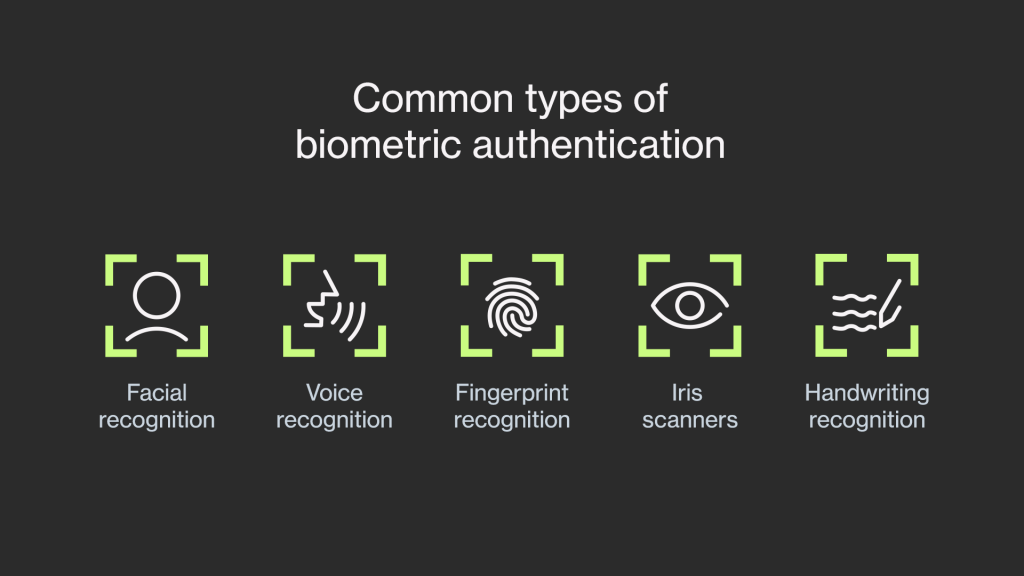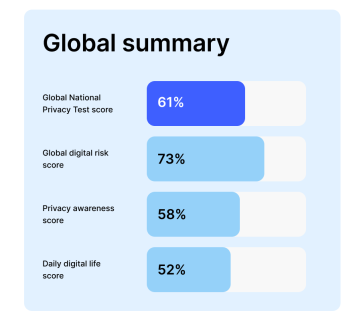When Kenya announced it had finally confirmed new dates for the analogue television switch off, I was excited, reason being the move portrayed that the country had made a step towards the set global deadline.
The country announced a migration deadline for the capital Nairobi set for December 30, while to other regions the deadline was set by end of February, 2015 in order to meet the worldwide digital migration deadline set for June, 2015.
It is the beginning of December now, why I am citing the obvious is because I want to make it clear that the time remaining for countries around the world to make the switchover is a total of 6 months, maybe and 14 days if I am to count June itself.
That said, the joint consortium of three mainstream media houses in the country that include Standard Group, Nation Media Group and Royal Media Services are at it again requesting an extension for the digital migration deadline.
The consortium has asked that the dates of the migration should be pushed to April 30, next year in order to give the three media houses reasonable time (as reported) to set up the digital signal distribution infrastructure.
Talking on behalf of the three, Wilfred Kiboro, Chairman Nation Media Group said the additional time would give them a level playing field on which to compete when the migration to digital television eventually takes place.
They also want to engage the Communications Authority (CA) of Kenya and the government to allow them access to more frequencies on top of the 10 that they were allocated when the BSD license they tirelessly fought for, was awarded to the consortium.
My excitement is now out of the window and even with so much having been said about the digital migration delay in Kenya and too many discussions and a couple of litigations on the same having taken place, I feel the need to express my disappointment in the country should the request be granted.
Neighbouring Tanzania is set to complete its digital migration by next year, reporting that only three regions in the country are yet to go fully digital, making the country among the first in Africa to comply with the global plan.
According to Tanzania Communications Regulatory Authority (TCRA), the three remaining regions are expected to complete transition to digital television by March, next year.
Uganda, another next door neighbour to Kenya and a partner in the deadline delay saga, has set its deadline to migrate the whole country by end of December this year, with the process having commenced in the month of October.
Request is Not Reasonable Enough For Kenya
Following the announcement by the three media houses requesting for an extension for the migration, I wanted to know what reasons they had even after they had been awarded the license allowing their joint consortium company National Signet Network to offer digital frequencies.
Consulting YouTube, I was lucky enough to get a video link from NTV with Wilfred Kiboro making the announcement. Listening as keenly as I could because I wanted to be informed, I noticed that the reporter had his own version of the global deadline dates.
According to the reporter, eight months are remaining to the set global deadline, which he clearly quotes as July 2015. With the topic on Digital Migration delays having been overly discussed, especially in Kenya, it is surprising that the deadline date is still not clear to some.
This made me think maybe the three media houses do not really get that the deadline is actually set for June 17, 2015 and not later than that. Unless of course they have a plan to also have the ITU global deadline extended, they just might table a petition saying they are not ready.
Kiboro said the request should be seen as reasonable. I have a few questions regarding this “reasonable request”, What exactly have the three been doing since the global and country-specific deadline dates were announced? Knowing that they wanted a license for digital distribution, shouldn’t they have been working on planning how to quickly get the infrastructure?
Going to court to challenge the license given to PANG, I want to believe as a joint consortium there was expectation to be granted digital frequencies for the solo migration mission and I also want to believe the three knew they would need time to roll out the digital infrastructure, including the manufacture and shipping of own set top boxes.
So what exactly have Standard Group, Nation Media Group and Royal Media houses (top local media organisations in the country) been expecting to hear? After the license was awarded last month (November), they must have known they needed time to install infrastructure, so why not immediately announce their timeline plans like they did the lawsuit?
This cry for more “reasonable time” is as reckless and unreasonable as it can get. Requesting for four more months in a six months (take note of the number, not eight) timeline is what I consider unreasonable and it will only lead the country to fall even more behind than it already is.
“That’s why we are asking the authority to give us more time, at the very least four months,” said Farida Karoney of Royal Media Services.
What should Kenya expect when April 30 comes and there is a new request for deadline extension to a much later date, because the consortium was not able to install the digital infrastructure in time?
As the Cabinet sub-committee reviews the allocated frequencies, Kenya should continue planning and getting ready for December and February deadlines not take more time deliberating if the three mainstream media houses should indeed be given an extension.
This is, of course, if the country wants to safely meet the global deadline and uphold the position of being among the top IT hub countries in the African continent, that are getting on board with fast adoption of latest technologies.





